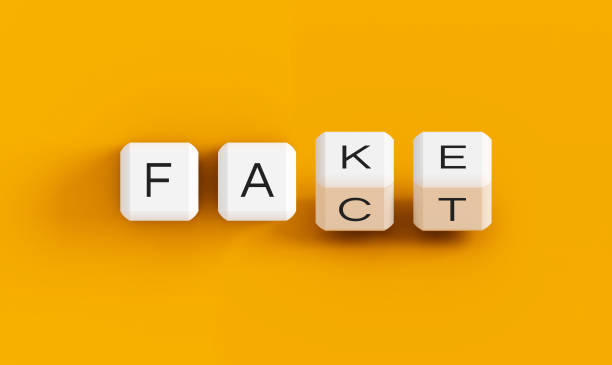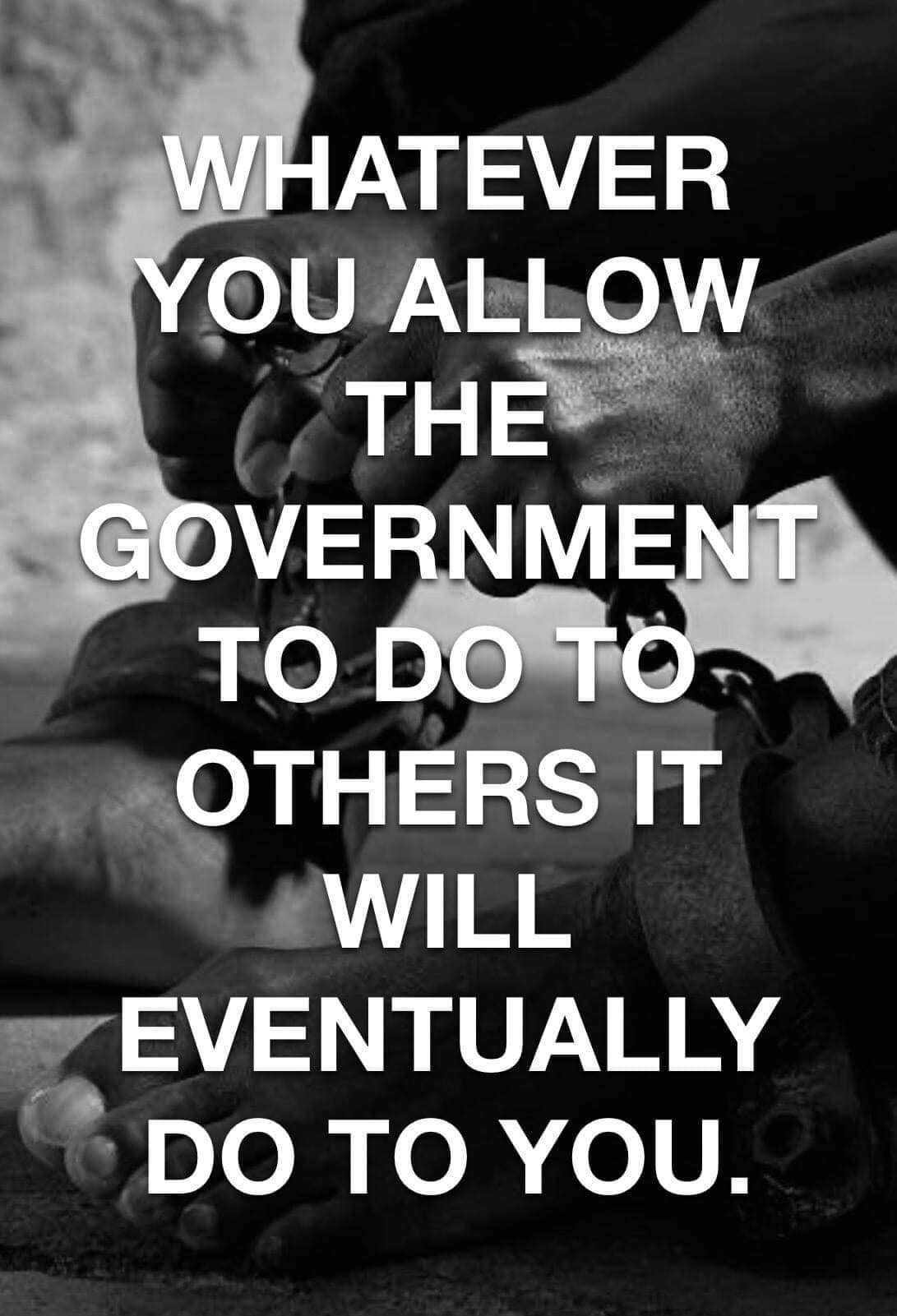The UNDRIP adopted under a Veil Of Secrecy at the UN in 2010. However in 2007 NZ Govt objected to the UNDRIP for very good reasons namely it gave Iwi/Maori Veto Rights other NZrs do not have. Control – Management of all Natural Resources * Incompatible with NZ’s Constitutional Arrangements – 2 Classes of Citizenship.,
There is no Single Universal Agreed Upon Definition of the coined phrase ‘Indigenous People’ The Core Principles of the UNDRIP (UN Declaration on the Rights of Indigenous Peoples) Focuses on – Indigenous Peoples being that of ‘Self Identification’. An affirming Right to Self Identification. The UNDRIP is a Declaration of Aspiration (Non Legally Binding officially classified as Soft Law).. An International ‘Cooperative’ framework (Soft Law) for Managing International Migration whilst fostering global cooperation.
The UN Global Compact Of Migration (Non-Legally Binding) Classified officially as Soft Law. The UNGCM was Winston Peters Portfolio. It was adopted in December 2018. Crown Law made a point of stating that the UNGCM is Non-Binding (Did not make the public of NZ aware that there would be ongoing Reviews at a Global and Regional Level. (Don’t Worry Be Happy its Non Legally Binding)
BUT. ACT Party David Seymour and Mark Cameron publicly reported they had some real concerns about the Govt adopting the UNGCM. Namely- (The Compromising of NZs Sovereignty * NZs ability to determine its own Immigration Policy * That this should be a matter for Sovereign States themselves *The UNGCM could Impact on Freedom Of Speech and National Values.
Foreign Affairs Spokesman Todd McClay’s article in the Spinoff 11/12/2018 states “The UN Compact is riddles with Problems *Is Ill-suited for NZs shaping sensible Policy * Signing the UN GCM whether a Declaration * Agreement or a Compact- this is a serious decision that affects our Country. We should not take this lightly.. We do not thinks we should sign this at all”
He added “Countries should only sign the UNGCM if they are committed to putting it in place (the terms of the document that they are signing). Those governments that don’t sign the document – won’t lose face internationally. (Such as the 3 Party Coalition more recently will not rid itself of the UNDRIP because of losing Face on the International Stage)
Todd McClay stating that NZ’s own Courts maybe more willing to uphold the commitments to the UNGCM than National Party is. Saying that National does not believe Migration Policy should be governed by a UN Migration Governance, but solely by Sovereign States themselves. As the highly circumstantial nature of Migration makes it a difficult Poly area to apply a ‘Global Framework to’- Outside the basic Tenants of Human Rights. Therefore National stated they oppose the UNGCM. Having even more specific concerns about it.
. Each country must respond dynamically to the circumstances it finds itself in. The highly circumstantial nature of migration makes it a difficult policy area to apply a global framework to, outside of the basic tenants of human rights. For that reason alone we felt justified in our position to oppose this agreement, though as I will outline here, we have more specific concerns with this agreement as well.
Todd McClay stated “Kiwi’s have a good basis to consider ourselves Good Global Citizens when it comes to Immigration. Encouraging talent to move to our country, welcoming those who come here to call NZ ‘Our Home’. National remains committed to that principle” He said. Adding that National will not be a party that goes to Election calling for a dramatic reduction of migrants, or calling for discriminatory policies or banning people from Housing Market based on the sound of their name”
He added that the UNGCM does not make us better Global Citizens or create migration policies. It’s a Non-binding – non entity that will have no effect, therefore should not be signed. At the worst it will move NZ towards a Global Standard For Migration that does not Reflect the True Circumstances countries find themselves in, therefore the UNGCM should not be signed
THE UNGCM outlines 23 Principles of Action * Calling on Countries to Commit to Policies that Uphold these Principles. McClay stated that National believe that Migration is not well suited to a UN Framework. *As each country has individual contexts – circumstances * its impossible to form Principles to suit all of them * This would increase * Unintended consequence Eg:- “we do not want to face the pressures that we are seeing in countries like Australia & the US or Europe”
Remember -This is an International UN Non Legally Binding Document but Todd McLay reports that there are emerging issues in this UN Migration Compact *The Failure to Distinguish between Legal & Illegal Migration *Specifics around what looks likely to amount to ‘Free Expression Limitations’ * The lack of Awareness of the ‘finely tuned Immigration settings of Individual countries
UN GCM Objective 17 – Calls for a Commitment to Eliminate Discrimination towards Migrants (Whan could be possibly wrong with that?). The document explains types of Policies that could be used to do this which includes ‘Sensitizing & Educating Media Professionals on Migration Related Issues & Terminology * Stopping allocation of Public Funding or Material Support to Media Outlets that systematically promote Intolerance’ (Eeem at the same time the documents states ‘we must respect the Freedom of the Media’ (Double Speak)
Restricting speech * Refusing to support Media based reporting – that’s limitations of Basic Rights. The commitments of the UNGCM do not match the specific Policy Settings and Values of Individual countries. (The State calling for defunding of the Media as being intolerant-Freedom Of Press (Freedom Of Speech Violation) Winston Peters pointed out after seeking advice from Crown Law – ‘The text is Non-binding and affirms National Sovereignty’
But if the UNGCM is simply worth nothing in terms of legal force- why would you be bothered to even engage with it? Because the Non-Legally Binding UNGCM Classified as Soft Law) is designed to have an effect. Other Non-Legally Binding UN Documents have already been imported into NZ Domestic Legislation (Legally Binding) -Waiting in a place called Soft Law ready to be embedded into Hard Law (Legislation-Legally Binding-Hard Law)
Into the Courts as the Govt is committed to acting consistently with these Non Legally Binding -Soft Law Documents). The UN DRIP (UN Declaration on the Rights For Indigenous People. Adopted by Peta Sharples collaborated with John Key under a veil of secrecy went to the UN and signed it). This was meant to be simple ‘affirming a set of Principles” But “Has crept into the way we actually now ‘Interpret Law In NZ”
Don’t Worry Be Happy- Its OK- Its Non-Legally Binding. (Its sits in a place called ‘Soft Law’. That can easily be embedded into Hard Law Legislation (Domestic Laws without the public knowing it). Soft Law ‘ A Toolkit of Policy Options for UN Member States to choose from. Works alongside existing Legally Binding Treaties (Like Human Rights Conventions) Provides a comprehensive framework for filling gaps where Legislations are weak or unratified. Depends on the reliance of Political Will
Aims to establish common principles, strengthen Existing International Norms (Even without Direct Legal Force) * Has the Potential to Influence International Migration Policies in UN Member Nation States. Peters did not tell the public of NZ that there would be Sub-Regional Regional and International Reviews of the UNGCM by the UN with UN Member State leaders. High Level International Meetings at the UN Assembly. with Heads of States. (The next global review is in 2026)..Last year NZ Government introduced the Mass Migration Management Act. To expand the time for Courts and Immigration Services for a Mass Migration Entry into NZ.
Non-Binding UN International Agreements (Sit in Soft Law). What should we be-aware of when it comes to Soft Law? (1) These are referred to as Non-binding by nature = Declarations * Codes of Conduct * Guidelines * Resolutions . These lack Direct Legal Force but Carry Political Weight and Influence… Includes Standards * Guides for Behaviors * Indicate Future Legal Development * Fostering Global (International )Cooperation
Soft Law Influences Domestic Laws, whilst Non-Binding can influence NZ Legislation & Policy requiring careful considerations by Policy Decision Making. Non Legally Binding (Namely Quasi Binding). NZ has used terms like Quasi Binding as to International Binding Agreements. Suggesting a Blend of Legally Binding and Non-Legally Binding elements that require Legal interpretation
Soft Law is a Bridge to Hard Law (Non legally binding to Legally Binding Law-Legislation). NZ supporting Multilateralism therefore recognizes the Value of Soft Law in protecting shared Global Interests (Eg Environmentalist-Climate Actions etc.,). In essence Soft Law Instruments though not directly enforceable as is in International Treaties – Soft Law is seen by the State as crucial in ‘Shaping NZs International Commitments & Domestic Policies that demands care & legal political consideration.
The Govt downplays ‘Non-Binding’ Agreements to the public of NZ. Avoiding Accountability *Non Transparency. * By-passing rigorous Domestic Scrutiny & Approval Processes. (Out of the Public Eye). Greater Executive dominance & Loss of Public Transparency. Soft Law Obligations are of significant importance to the State’s Practice in Policy making decisions. But Soft Law eludes public debate. * Can be ignored by Parliament thus managing Public Perception. What the Eye don’t See and Public Ears don’t Hear the Heart does Not Grieve Over. Soft Law offers greater flexibility without rigid Legal Constraints
Constructive Silence and downplaying the Publics significance and deviating from an Agreed Upon Path. Soft Law Non-Binding International Agreements are Pervasive in Modern International Relations. But Formal International Binding Instruments (Legally Binding) are more difficult to achieve. UN Member States are more likely to adopt Non-Binding International Agreements.(That do not need lengthy Domestic Ratification). Common Standards of Non-Binding agreement often eventually harden into Formal Domestic Laws.
Non-Binding (Soft Law) Can by-pass Parliamentary approval. (Eg. the Secret adoption of the UNDRIP Key * Sharples 2010). Undermines Democratic Influences. Keeping important issues of concern out of the Public Eye. This is the Un-Masking of what the State does not make public about International UN Non-Binding Agreements.
FOOD FOR THOUGHT: The Non-Legally Binding UNGCM. Submission to Select Committee opposing this . As a speaker several times in Aotea Square opposing the UNGCM. Brought Police Camera’s to my face. Police Officers shouting at me- To Go Home Now. Police at the door. With a Warning Letter ‘Do Not Speak” Do Not Attend A Protest opposing UNGCM’ To Not arrange A Protest. .
Would not accept the warning letter which they dropped at my feet. Went to the Protest the nest day (Eeem – Why So worried- It’s a Non-Legally Binding Migration Compact) Parliamentary Office stopped adding names to my Parliamentary submission of those that signed it. Response ‘A Computer Glitch’
WakeUpNZ
RESEARCHER: Cassie
...






